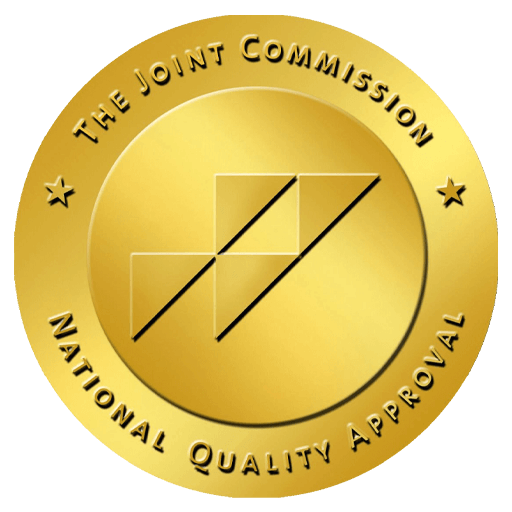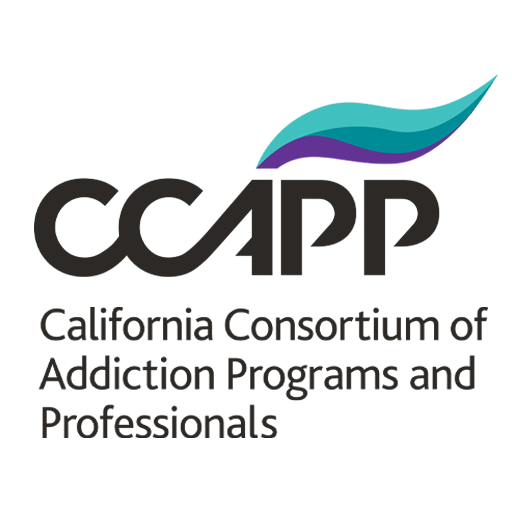Substance abuse in the elderly is a growing public health concern and a timely topic for geriatric clinicians. Since drugs may have severe effects on elderly tissue (metabolic derangements, decreased organ reserve) and multiple medical comorbidities occur later in aging individuals compared to younger populations there is a growing concern about the elderly population’s increased vulnerability to illicit drugs. Understanding the epidemiology of substance misuse in later life is important to developing and implementing safe and effective interventions to prevent and treat substance abuse.
Substance abuse in the elderly has many negative consequences including physical and mental health problems, social and family strain, legal problems, and death from alcohol or drug overdose. In recent decades the incidence of elderly substance abuse has increased both in frequency and intensity with a concomitant rise in the number of victims requiring specialized geriatric care and rehabilitation resources; and with a rise in the rate of elder abuse and neglect (medical neglect and financial exploitation) because of the difficulty of differentiating alcohol abuse or other addictive disease symptoms from the signs of other physical illness in an elderly person as age related cognitive impairments increase.
Identifying addictions in the elderly can be challenging, since substance abuse in older people is frequently hidden. According to professionals like those at carltonseniorliving.com/community/fremont/, in routine care settings, identifying substance use disorders in older adults can be difficult to detect. Older adults with mental disorders and memory loss can abuse substances such as prescription medicines and alcohol more easily than younger people due to their impaired cognition and communication. This is problematic because approximately half of all admissions to psychiatric hospitals involve some type of abuse of drugs and/or alcohol that may have been used to treat the mental disorder contributing to the addiction problem itself.








